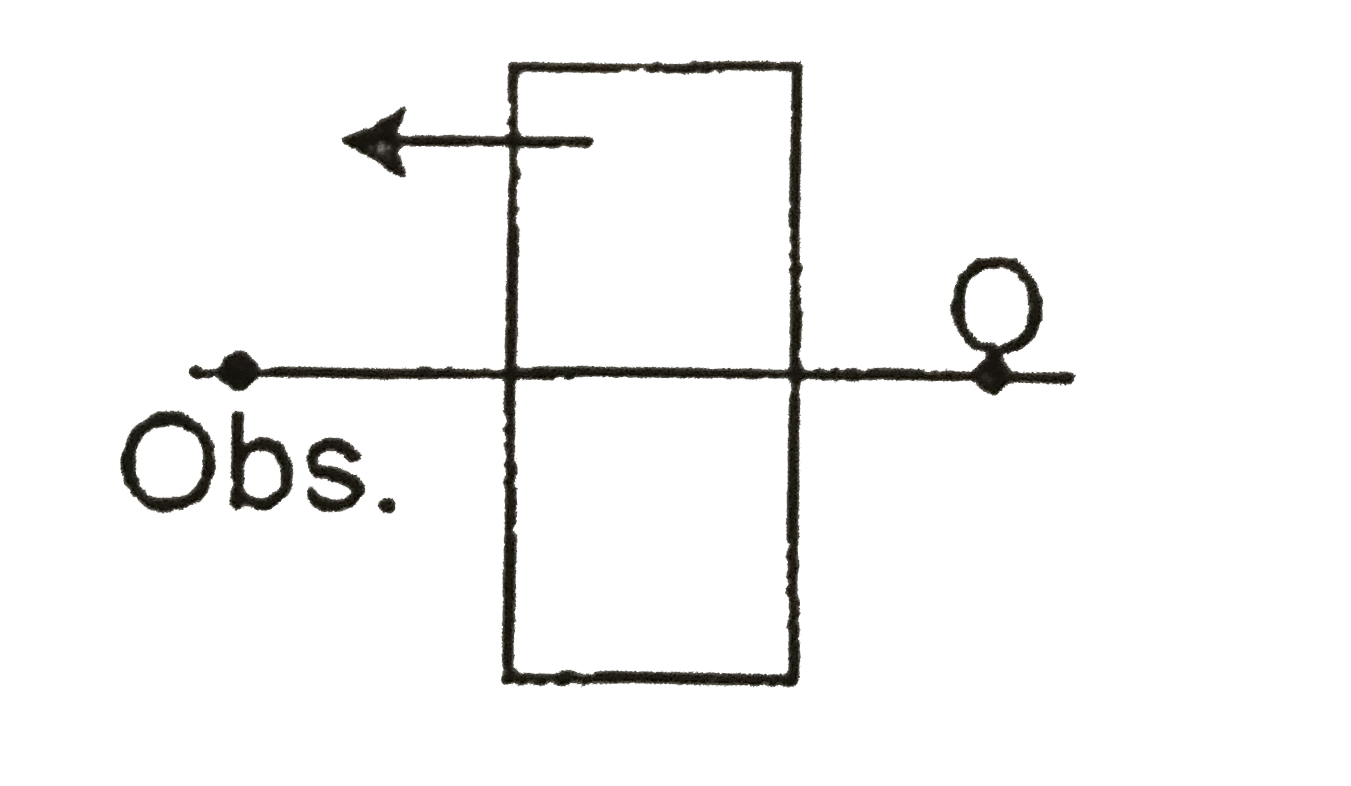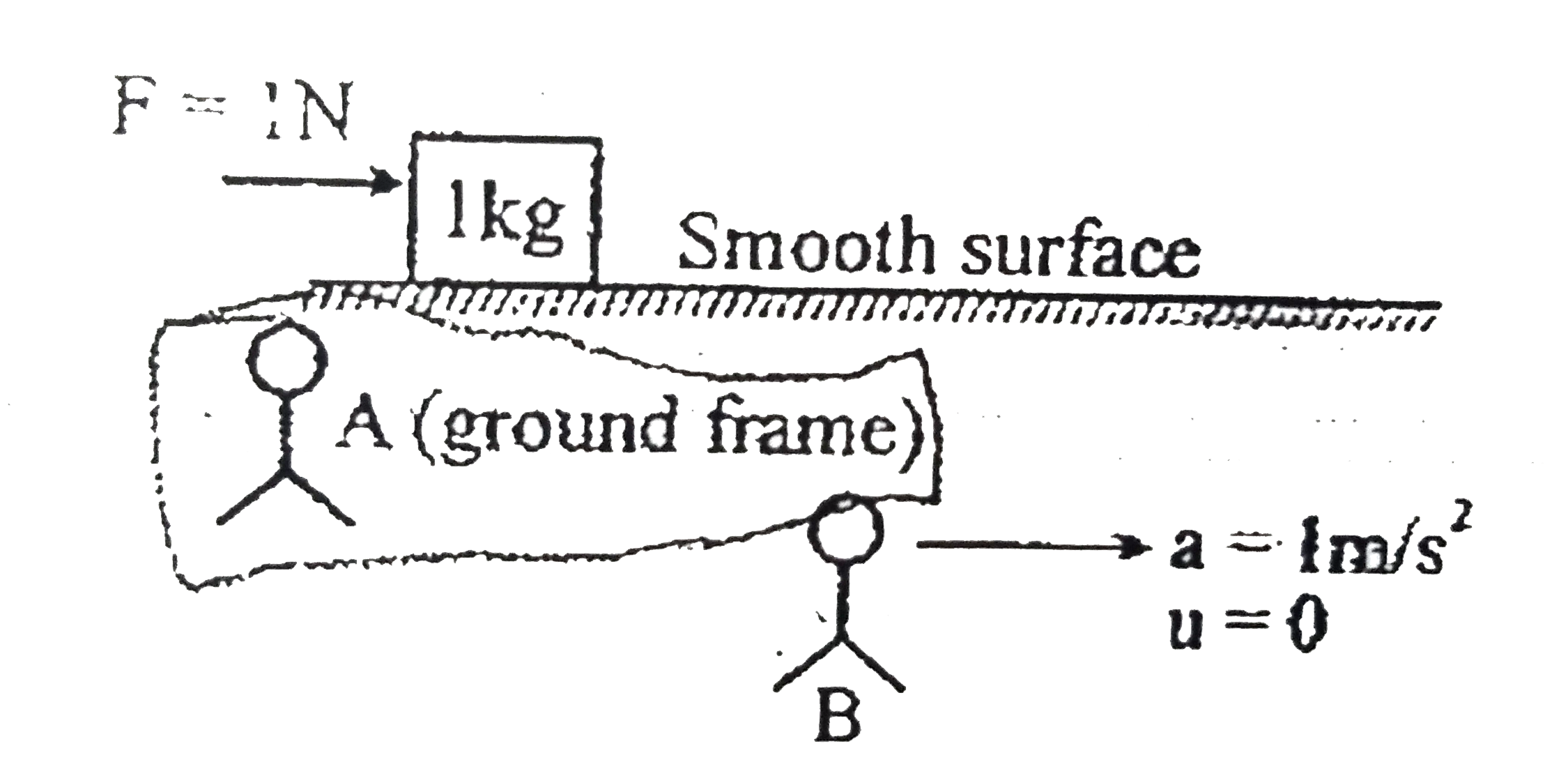The velocity of light emitted by a source S observed by an observer O , who is at rest with respect to S is c . If the observer moves towards S with velocity v , the velocity of light as observed will be
c+v
c-v
c
√1−v2v2
The correct Answer is:C
Step by step video, text & image solution for The velocity of light emitted by a source S observed by an observer O , who is at rest with respect to S is c . If the observer moves towards S with velocity v , the velocity of light as observed will be by Physics experts to help you in doubts & scoring excellent marks in Class 12 exams.
Updated on:21/07/2023Topper's Solved these Questions
Similar Questions
(a) In the figure shown a slab of refractive index 32 is moved toward a stationary observer with speed 6cm/s . A point O is observed by the observer with the help of paraxial rays through the slab. Both O and observer lie in are. Find the velocity (in cm/s) with which the image will appear to move to observer.

(b) in the previous question if the object moves towards rigth with a velocity of 6cm/s and find the velocity of the final image (in cm/s) as seen by observer :
View SolutionAn observer is travelling in east with a velocity of 2 m/s and observes that wind is blowing in north with a velocity of 2m/s. If observer doubles his velocity then find out the velocity of wind appears to observer ?
View Solution
Knowledge Check
A source of sound moves towards an observer with a velocity 108km/h and the observer also moves towards the source with the velocity 5 km/h, then the velocity of sound is
A320ms−1B330ms−1C340ms−1DData insufficientIf a source emitting waves of frequency f moves towards an observer with a velocity v/3 and the observer moves away from the source with a velocity v/4, the apparent frequency as heard by the observer will be (v= velocity of sound)
A9f/8B8f/9C3f/4D4f/3Assertion : The sound emitted by the source travels in all directions.
Reason : The relative velocity of sound with respect to the observer is the sum of velocity of sound and velocity of observer.AIf both assertion and reason are true and reason is the correct explanation of assertion.BIf both assertion and reason are true but reason is not the correct explanation of assertion.CIf assertion is true but reason is false.DIf both assertion and reason are false.
When the light source is moving towards an observer,
View SolutionIf an observer moves towards a stationary source of sound with a velocity of one tenth the velocity of sound, then the apparent increase in frequency will be
View SolutionIf a source emitting waves of frequency f moves towards an observer with a velocity v4 and the observer moves away from the source with a velocity v6, the apparent frequency as heard by the observer will be (v=velocity of sound)
View SolutionAn observer moving towards a stationary source observes that the apparent frequency is three times the actual frequency of the source. If the velocity of sound is V, the velocity of the observer would be-
View SolutionAn observer A is at rest in gournd frame, observer B is moving with constant another observer C is moving with constant velocity of 1m/s.

View Solution
